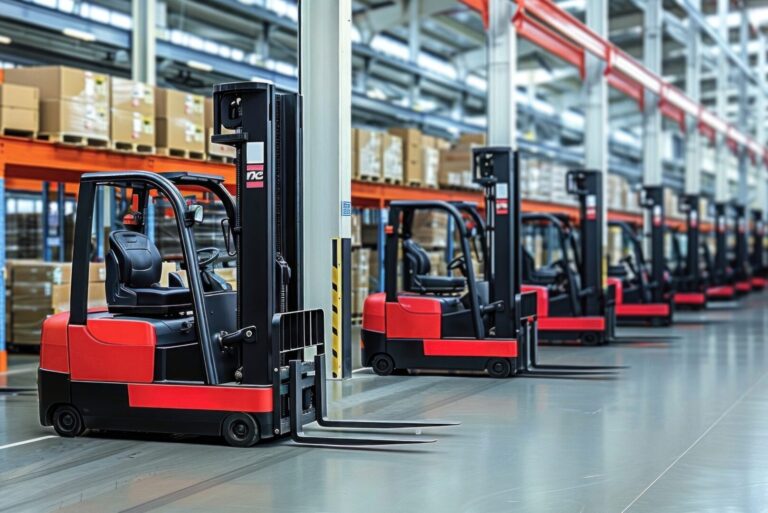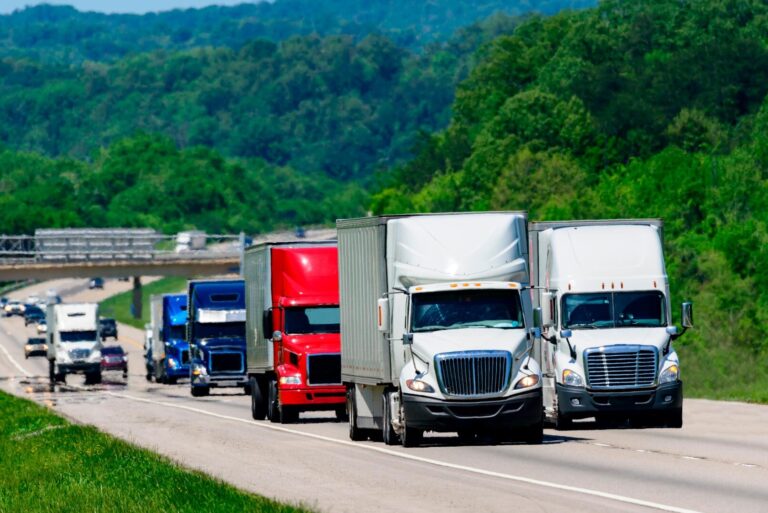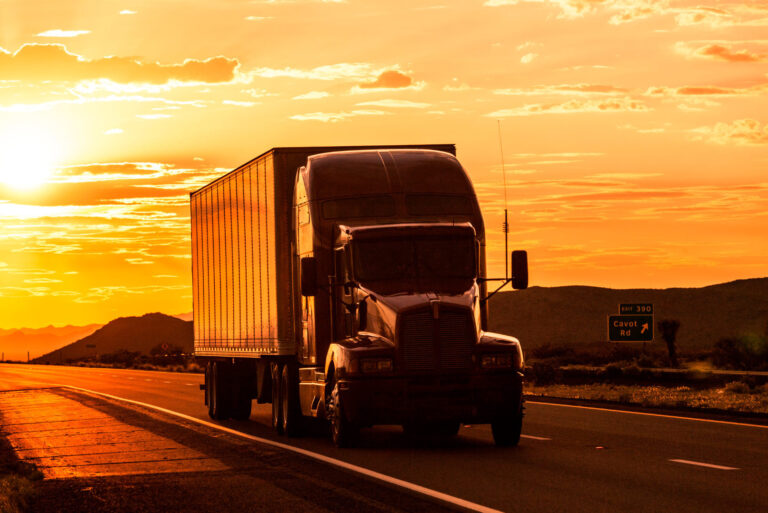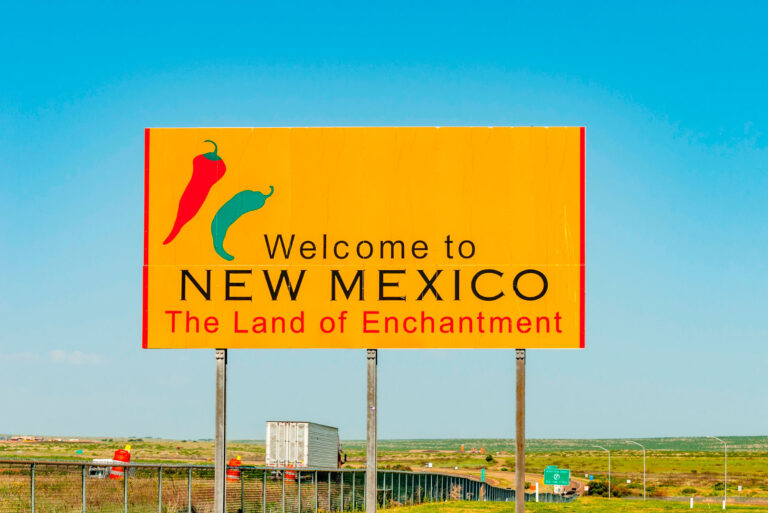Converting to Electric Fleets in Washington: New Legislation Pushes Businesses to Clean Fuels
May 14, 2023
Washington has passed several new pieces of legislation focused on reducing emissions – and incentivizing electric vehicles in the process.
In 2021, Washington State adopted the Climate Commitment Act, a cap-and-investment program aimed at reducing the state’s greenhouse gas emissions. The following year, the Clean Fuels Standard was approved to curb carbon pollution from the transportation sector by limiting emissions from fuel producers and incentivizing the adoption of a more diverse fuel pool across the state.
This article explores how these new programs work together to limit Washington State’s greenhouse gas emissions and incentivize low carbon fuels, and how businesses can get ahead of the curve by transitioning to electric vehicle fleets.
The Climate Commitment Act
Washington’s Climate Commitment Act (CCA) went into effect in January 2023 and will have major impacts on the state’s transportation sector and economy.
The CCA aims to drastically reduce the state’s climate contributions by setting an emissions limit for the state’s largest emitting sources and industries. The limit is reduced every year, with the goal of cutting Washington’s emissions 45% below 1990 levels by 2030, 70% below 1990 levels by 2040, and net-zero by 2050. The CCA works in tandem with other Washington regulations that seek to reduce the state’s contributions to climate change, and that will also impact the state’s transportation industry. This system gives industries the freedom to diversify their fuel and energy sources as needed as they prepare for the future low-carbon economy, while still enforcing stringent reductions.
The CCA is a market-based cap-and-investment program that allows businesses and industries to find the carbon-cutting strategies that work best for them. Cap-and-investment is a system that sets annual limits—or caps—on the amount of emissions businesses can emit by selling a limited amount of annual permits. The proceeds of the allowances are then reinvested in climate projects that improve clean energy in transportation, environmental resilience, and underserved communities disproportionately impacted by climate change and pollution.
Entities regulated under the CCA include:
- Fuel suppliers
- Natural gas and electric facilities
- Waste-to-energy facilities
- Railroads
- Entities that emit more than 25,000 metric tons of carbon per year
In the coming years, the CCA will drastically reduce Washington’s emissions by selling an increasingly scarce number of emissions permits to regulated entities. As a result, petroleum-based fuels may be impacted across the state. Fleet owners can prepare for these changes by transitioning to low carbon fuel vehicles, which have also been incentivized by Washington regulations like the Clean Fuel Standard.
The Clean Fuel Standard

- Electric and low carbon fuel vehicle owners
- Electric and low carbon fuel infrastructure programs
Credit generators like EV fleet owners can earn additional revenue when their credits are sold on a state-wide market to fuel suppliers in a credit deficit. Through this market-based program, the Washington Department of Ecology hopes to reduce emissions from the transportation sector by 20% below 2017 levels by 2034, while also incentivizing a more diverse fuel pool that reduces the state’s reliance on petroleum-based fuels.
Incentives For Electric Vehicles In Washington State
The Clean Fuel Standard and the Climate Commitment Act are both part of an extensive package of legislative and budget proposals that seek to rewrite Washington’s fossil fuel dependency through market-based incentives.
As the annual cap of the CCA lowers over the coming years, allowances will become scarcer for regulated entities. This will incentivize reduced emissions through innovation and adopting cleaner energy sources; however, fuel prices may increase as fuel suppliers struggle to meet the cap requirements. The Department of Ecology developed an economic impact assessment to predict the financial changes these programs will initiate. The report predicts an increase of $1 per gallon for both gasoline and diesel over the next fifteen years as a direct result of the climate initiatives. This increased price will be manageable for owners of personal cars, but fleets operating with multiple vehicles may see a substantial impact on their fuel budgets.

Not only can transitioning to EV fleets save money through maintenance and fuel, but owners can earn CFS credits through their reduced emissions that can be sold to fuel suppliers in a credit deficit. By owning and operating EV fleets, owners can earn one credit for every metric ton of carbon they offset, which are then sold on a state-wide market to fuel producers in a credit deficit. Smart Charging Technologies makes it easy to earn CFS credits and handles the application, reporting, and reselling processes for you, as well as all compliance work. As one of the largest credit aggregators in the country, Smart Charging Technologies can sell credits in bulk, so EV fleet owners always earn the best price for their credits.
Read more about Washington’s Clean Fuel Standard and how Smart Charging Technologies can help you earn revenue for your reduced emissions:
Related Posts









